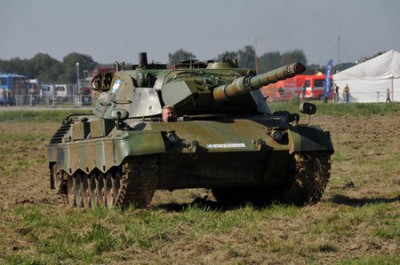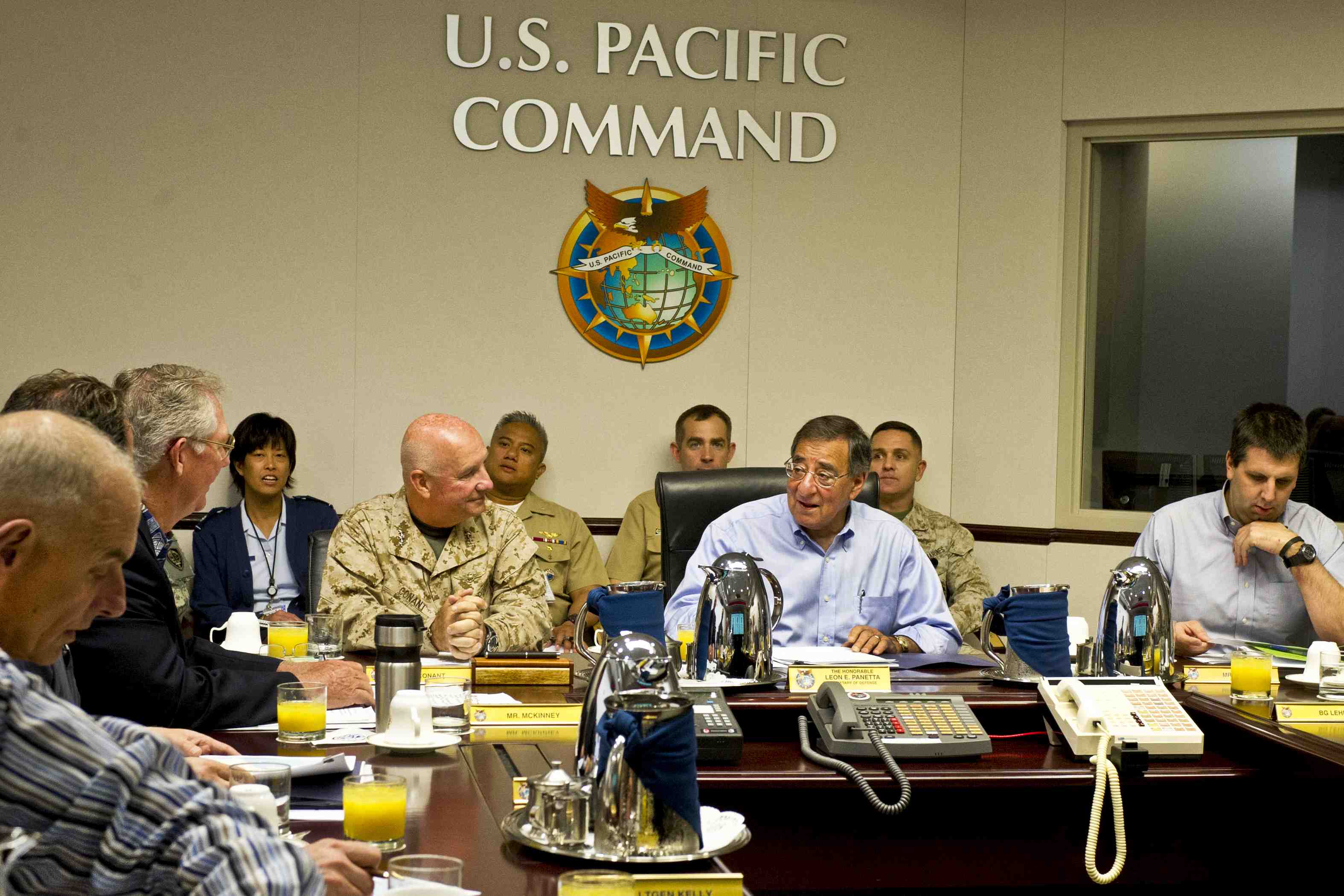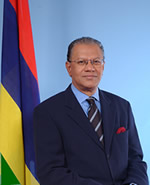The questions put to the 27 at the informal defense of Ghent

(BRUSSELS2) The informal meeting of Defense Ministers in Ghent is taking place in a constrained political framework: major political meetings at European and transatlantic level (implementation of new diplomatic and military structures for the EU and revision of the concept of NATO) while several Member States have begun a drastic review of their objectives (Strategic Defense Review United Kingdom, abandonment of conscription in Poland, Sweden and suspension in Germany, White Paper in the Czech Republic), not to mention the current budget revisions. The Belgian Defense Minister, Pieter De Crem, who will chair the meeting on September 23 and 24, had no real choice but to hold a truly "informal" meeting (1), around fairly general questions, but actually quite political. Which goes back to the essence of these meetings: encouraging discussion, raising awareness rather than ratifying decisions.
How to cooperate, and in which areas?
When we look at the mail sent to the ministers reviewing the various issues at stake, the content of the conversations could be dense, provided that the ministers lend themselves to the exercise with frankness and non-conformism. The main question asked is common to the 27: "How can we cope with the effects of the crisis on our defense budgets? In this context, "how can we reach our defined level of ambition and what can be the European role? The Belgian Minister observes that if "multiple multinational cooperation projects already exist in several areas", and that there is "many examples of effective and successful cooperation", there are also others "which are more expensive and less effective." On this basis, it is necessary to define "political orientations"who will guide us in cooperation and knowledge"in which areas of cooperation we focus".
How to cooperate without giving up its sovereignty? How to promote the creation of a European industrial base?
But Pieter De Crem would like not to stick to a general and superficial conversation, he thus intends to deepen certain levers of European cooperation by challenging his counterparts in the EU:
- What mechanisms and instruments, including the provisions of the Lisbon Treaty, could facilitate cooperation and in what capacity areas?
- Can you identify opportunities for greater cooperation?
- What is your perception of the added value of "pooling and sharing", in particular concerning savings?
- What could be done at European level to facilitate specialization of roles/tasks, in addition to regional/bilateral cooperation, and which capability areas are most appropriate for this, taking into account sovereignty issues and interdependence? When this leads to interdependence, how do you ensure that these capabilities will be available when needed?
- In terms of civil-military synergies, which areas offer greater potential for research and development of dual-use technology (eg, space technologies or unmanned aerial assets). Can the costs be shared? And what is the possibility of an EU contribution to European research?
- What measures could be implemented to reduce the costs of creating, maintaining and using shared capacities?
- How to speed up the creation of a real industrial and technological base for European defense instead of continuing with the fragmentation that marks national industries? What balance between the commitments concerning access (to markets) and competition and the specificity of the defense sector?
- How to concretely improve cooperation between the EU and NATO? Can we move forward on the idea of quick wins and concrete projects?
All that remains is to say... good luck.
(1) Informal defense of Ghent: a meeting focused on capabilities
NB: personal translation of the original text (English)
(Nicolas Gros-Verheyde)



